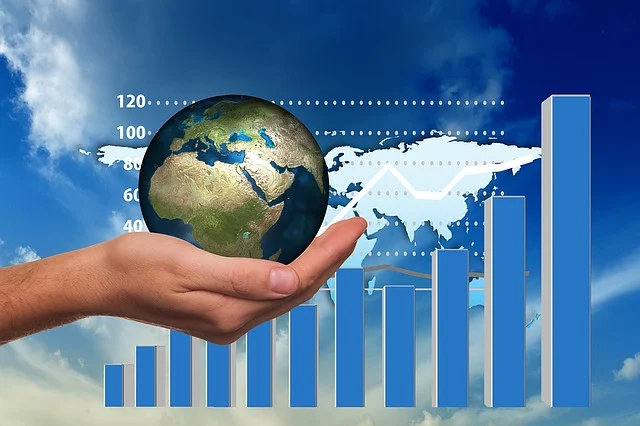Africa is undergoing an unprecedented energy transition. While the green economy is expanding and investments in renewable energy — especially solar — continue to rise, several countries are discovering new development opportunities. However, this progress also brings significant challenges, including rising debt levels, persistent inequalities, and sometimes fragile governance. Therefore, a crucial question emerges: can the solar boom truly transform the continent, or could it instead widen existing vulnerabilities?
1. The Solar Boom: A Major Opportunity for the Continent
The continent benefits from one of the highest solar potentials in the world. Over recent years, many initiatives have emerged, such as photovoltaic plants, rural mini-grids, and home solar systems. Moreover, this growth is driven by several key factors:
-
Energy needs remain extremely high, with millions still lacking electricity.
-
Political commitment has strengthened due to international climate-related summits.
-
Investors, attracted by a rapidly growing market, are increasingly taking interest.
Consequently, solar energy offers the chance to accelerate electrification, create local jobs, and reduce dependence on fossil fuels.
2. The Debt Paradox
Despite these advances, many African countries are facing alarming debt levels. Building green infrastructure requires substantial financial resources, often obtained through international loans. Yet several risks arise:
-
Revenues from solar projects may take too long to repay investment costs.
-
Loan conditions can sometimes become unfavorable or unstable.
3. The Green Transition and the Digital Divide
The green economy increasingly relies on digital innovation such as artificial intelligence, smart energy platforms, and data analytics. In addition, Africa continues to face a significant technological gap:
-
Access to high-speed internet remains limited in many regions.
-
Local data centers are insufficient.
-
Digital skills and training are still lacking.
4. Sovereignty, Governance, and Social Challenges
Strong governance is essential for the success of the energy transition. Nevertheless, the development of large green infrastructures raises several concerns:
-
Local communities may be displaced without adequate consultation.
-
Contracts sometimes lack transparency.
-
Benefits from projects are often distributed unevenly.
-
Environmental risks can be underestimated.
These issues show the need for a development model that is both sustainable and socially fair.
5. Toward a Sustainable Green Economy: Key Conditions
For the solar boom to become a true driver of development, several conditions must be met:
✓ Strengthen regulatory frameworks
Ensure transparency, regulate investments, and protect local communities.
✓ Invest in local skills
Train engineers, technicians, and digital experts to guarantee local control of projects.
✓ Improve digital sovereignty
Develop data infrastructures that enable countries to manage renewable-energy systems independently.
✓ Promote responsible financing
Encourage financial mechanisms that reduce excessive debt and ensure long-term sustainability.
Africa’s green transition represents a historic opportunity. Moreover, solar energy could become a powerful engine for energy independence, economic growth, and social progress. Nevertheless, this potential will only be achieved through strong public policies, responsible debt management, and efforts to reduce social and digital inequalities. Ultimately, the challenge is significant, yet the future rewards could be transformative: building a more resilient, equitable, and forward-looking African economy.
